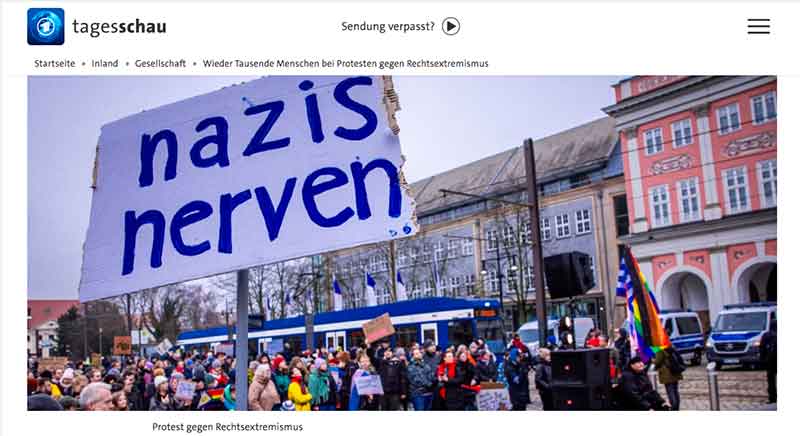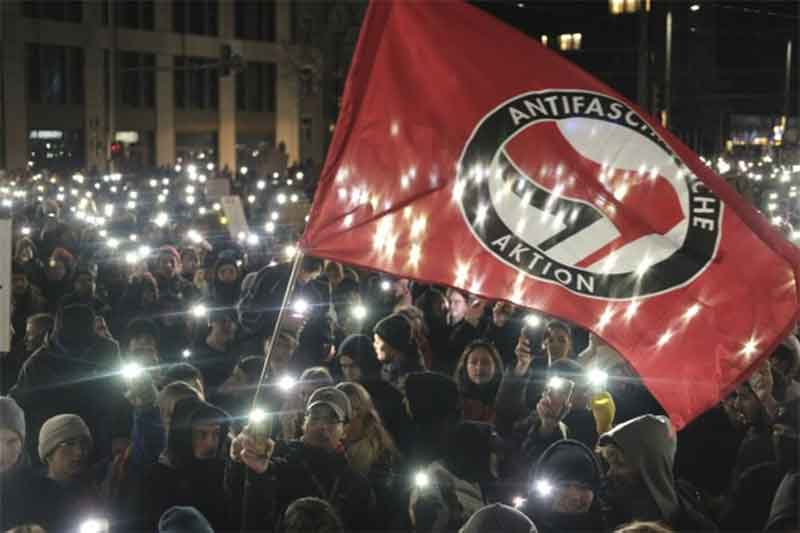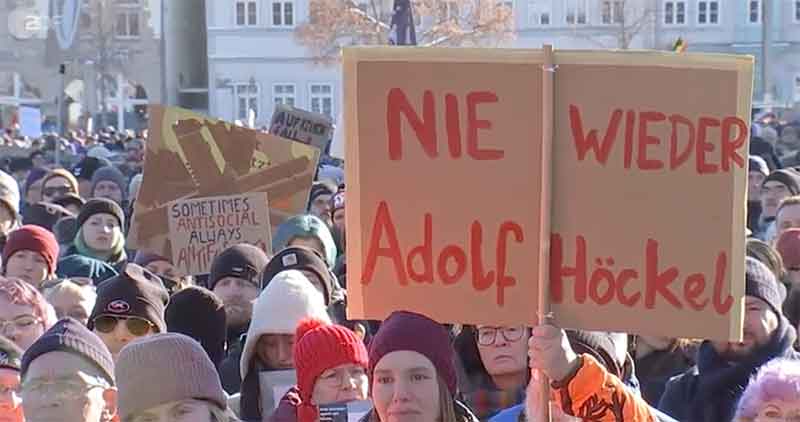
The UN General Assembly has adopted a resolution condemning Nazism, neo-Nazism and all forms of racism, and the U.S. and Ukraine voted against it, while a few countries, mainly US allies, abstained. The resolution was co-sponsored by Russia.
On December 16, the UN General Assembly passed its annual resolution on “Combating Glorification of Nazism, neo-Nazism and other practices that contribute to fueling contemporary forms of racism, racial discrimination, xenophobia and related intolerance” with 130 countries voting in favor and only two in opposition.
Out of a total 193 members countries, 51 countries including all members of the EU, Australia, New Zealand and Canada were among those who abstained from voting on the UN resolution asking members to eliminate all forms of racism and attempts to glorify Nazism. The resolution was passed with overwhelming support from the Third World countries.
The resolution on “Combating glorification of Nazism, neo-Nazism and other practices” that contribute to racism, xenophobia and intolerance was adopted, the Russian permanent mission to the UN announced on Thursday.
#UNGA76 ADOPTED-INITIATED RESOLUTION “COMBATING GLORIFICATION OF NAZISM, NEO-NAZISM AND OTHER PRACTICES THAT CONTRIBUTE TO FUELLING CONTEMPORARY FORMS OF #RACISM, RACIAL DISCRIMINATION, XENOPHOBIA AND RELATED #INTOLERANCE” WITH 130 VOTES IN FAVOR, 2 AGAINST, 49 ABSTENTIONS. PIC.TWITTER.COM/WC63BHKQRJ
— RUSSIAN MISSION UN (@RUSSIAUN) DECEMBER 16, 2021
Sponsored by Russia and more than 30 other UN members, the resolution expresses concern about any form of glorifying Nazism, including putting up monuments and holding public parades honoring the Waffen SS – combat units within Nazi Germany’s military – or declaring them national liberation movements, among other things.
Russia has long taken issue with Ukraine and the three Baltic states – Estonia, Lithuania and Latvia – honoring individuals and organizations affiliated with Nazi Germany during the Second World War.
The resolution also urges member states to “eliminate all forms of racial discrimination by all appropriate means, including legislation,” and states that discrimination based on race, ethnicity, religion or belief such as “neo-Nazism, Islamophobia, Christianophobia and antisemitism” harms not just the targeted groups but the society in general.
Russia has proposed a similar resolution since at least 2015, and the U.S. has voted against it every time.
Last year, U.S. envoy to the UN argued that a ban on glorifying Nazism would clash with the First Amendment protection of free speech in the U.S. Constitution. The U.S. has also accused Moscow of using the resolution to push “disinformation narratives” about neo-Nazism in the Baltic states and Ukraine.
The resolution demands the UN member countries to pass legislation to “eliminate all forms of racial discrimination” and condemn all attempts to glorify Nazism, xenophobia or neo-Nazism. It also demands the countries to condemn all attempts to revise the history of the Second World War.
The countries which abstained from voting cited possible limitations on freedom of speech, assembly and association. However, activist groups allege that the EU’s reluctance to vote in favor of the resolution indicates the rising influence of right-wing politics there. Several European countries have right-wing governments or strong right-wing opposition sympathetic to neo-Nazi groups.
The U.S. has alleged that the resolution is a result of Russian attempts to paint the opposition to its interventions in East and Central European countries as pro-Nazi groupings.
Ukraine’s ministry of foreign affairs also alleged a pro-Russian bias in the resolution as the reason for its vote against the resolution.
However, Russia sees the abstentions and the votes against the resolution as assertion of right-wing pro-Nazi forces in these countries.
Several human rights activists and left intellectuals have criticized the U.S. and the EU for failing to stand up against the rising threats of Nazism and racism in their own countries. The West’s hypocritical stance has also come under heavy attack from human rights groups which argue that the failure to vote in favor of elimination of all forms of racism and the rising threat of Nazism is a way to encourage such acts and groups.
Most of the Third World countries voted in favor of the resolution, reiterating their commitment to fighting the rising threat of Nazism and racism, which led to its adoption.
















































